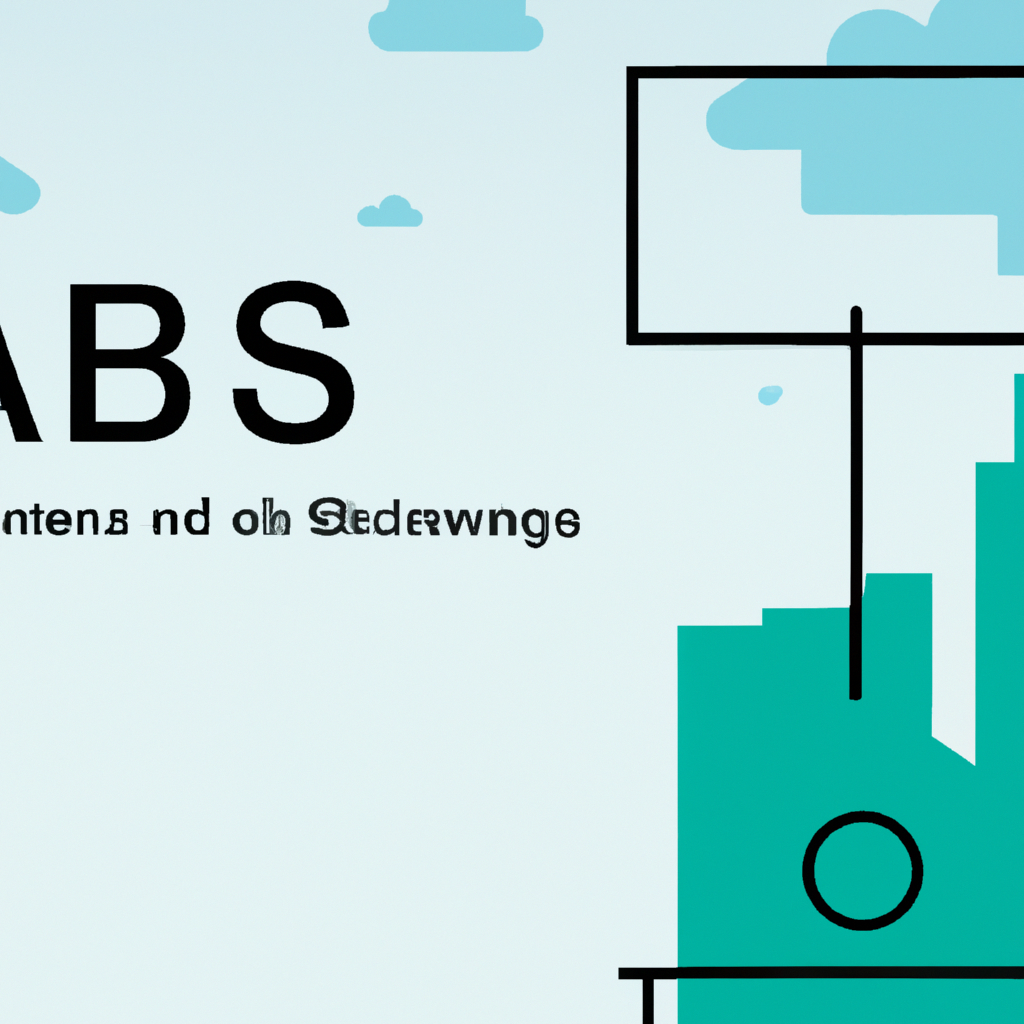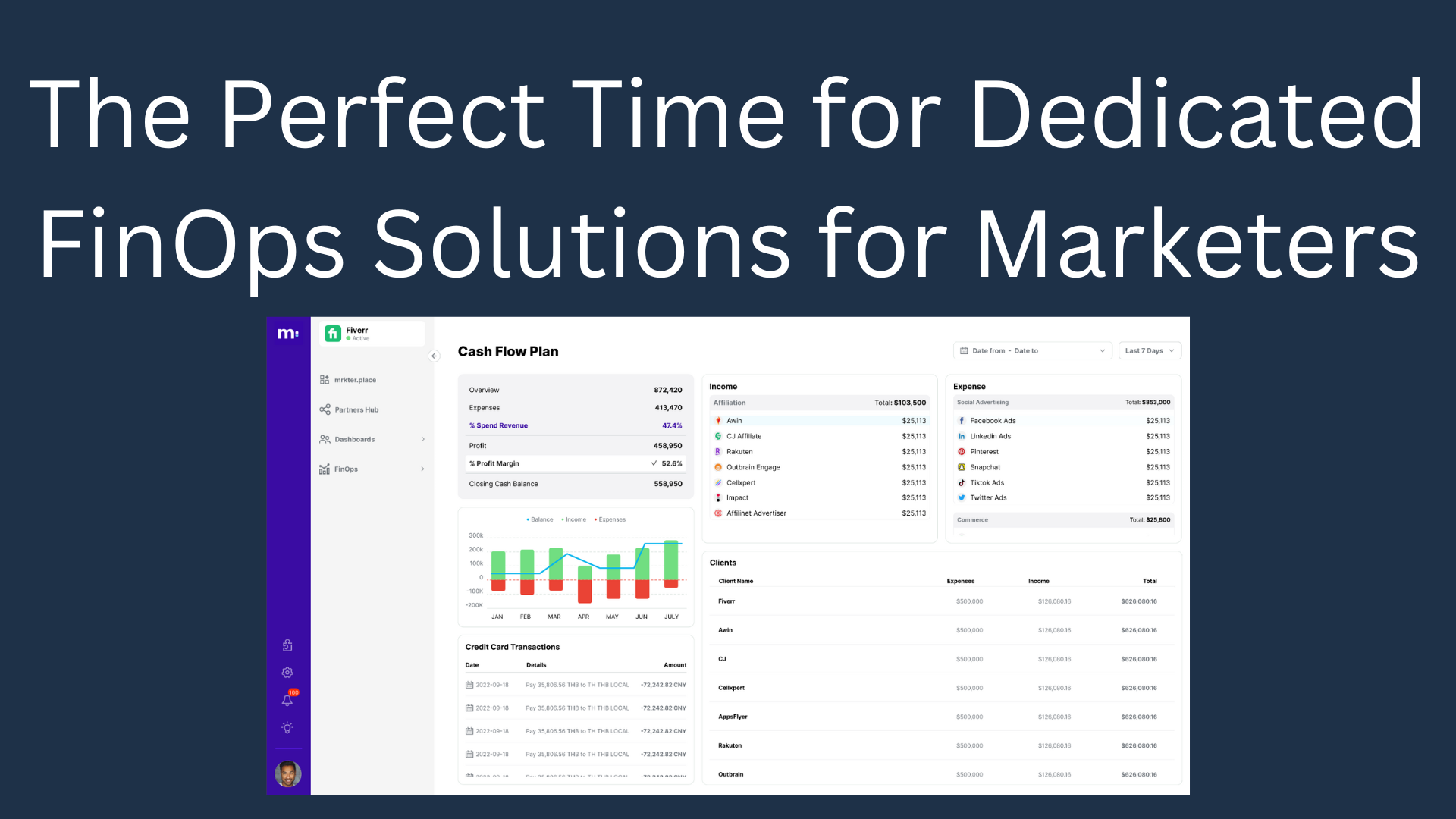
Understanding Banking-as-a-Service (BaaS) and its impact on the fintech industry
-
Table of Contents
- Introduction
- Exploring the Benefits of Banking-as-a-Service (BaaS) for Fintech Companies
- How Banking-as-a-Service (BaaS) is Transforming the Financial Services Industry
- Examining the Security Implications of Banking-as-a-Service (BaaS)
- Understanding the Regulatory Challenges of Banking-as-a-Service (BaaS)
- Exploring the Potential of Banking-as-a-Service (BaaS) for Financial Inclusion
- Q&A
- Conclusion
“Unlock the Power of Banking-as-a-Service: Transform the Fintech Industry with Innovative Solutions.”
Introduction
Banking-as-a-Service (BaaS) is a relatively new concept in the financial technology (fintech) industry. It is a platform that enables financial institutions to offer banking services to their customers without having to build and maintain their own banking infrastructure. BaaS provides a range of services, including payments, account management, and customer onboarding. It also provides access to a variety of banking products and services, such as loans, deposits, and investments. BaaS has the potential to revolutionize the way financial institutions interact with their customers, as well as the way they manage their operations. This article will discuss the impact of BaaS on the fintech industry, and how it can be used to create new opportunities for financial institutions.
Exploring the Benefits of Banking-as-a-Service (BaaS) for Fintech Companies
Banking-as-a-Service (BaaS) is a relatively new concept in the financial technology (fintech) industry that offers a range of benefits to fintech companies. BaaS is a cloud-based platform that enables fintech companies to access banking services and infrastructure without having to build their own. This allows fintech companies to focus on their core competencies and develop innovative products and services without having to worry about the complexities of banking.
One of the main benefits of BaaS for fintech companies is the ability to quickly launch new products and services. By leveraging the existing banking infrastructure, fintech companies can launch new products and services in a fraction of the time it would take to build their own. This allows fintech companies to stay ahead of the competition and remain competitive in the market.
Another benefit of BaaS for fintech companies is the ability to access a wide range of banking services. BaaS provides access to a range of banking services such as payments, deposits, loans, and more. This allows fintech companies to offer a comprehensive suite of services to their customers without having to build their own banking infrastructure.
In addition, BaaS provides fintech companies with access to a secure and reliable banking infrastructure. BaaS is built on top of existing banking infrastructure, which is highly secure and reliable. This ensures that fintech companies can offer their customers a secure and reliable banking experience.
Finally, BaaS provides fintech companies with access to a range of data and analytics. By leveraging the existing banking infrastructure, fintech companies can access a range of data and analytics that can be used to better understand their customers and develop more effective products and services.
Overall, Banking-as-a-Service (BaaS) provides a range of benefits to fintech companies. By leveraging the existing banking infrastructure, fintech companies can quickly launch new products and services, access a wide range of banking services, and access a secure and reliable banking infrastructure. In addition, BaaS provides access to a range of data and analytics that can be used to better understand their customers and develop more effective products and services.
How Banking-as-a-Service (BaaS) is Transforming the Financial Services Industry
Banking-as-a-Service (BaaS) is a revolutionary concept that is transforming the financial services industry. BaaS is a cloud-based platform that enables financial institutions to offer their services to customers through third-party applications. This technology allows banks to provide their services to customers without having to build and maintain their own infrastructure.
BaaS is revolutionizing the way financial services are delivered. It enables banks to offer their services to customers in a more efficient and cost-effective manner. Banks can now offer their services through third-party applications, such as mobile banking apps, without having to build and maintain their own infrastructure. This allows banks to focus on their core competencies and reduce their operational costs.
BaaS also enables banks to offer more personalized services to their customers. Banks can now use data from third-party applications to better understand their customers’ needs and preferences. This allows banks to tailor their services to meet the specific needs of their customers.
BaaS is also helping banks to become more agile and responsive to changing customer needs. Banks can now quickly and easily integrate new services and features into their existing infrastructure. This allows banks to quickly respond to customer demands and stay ahead of the competition.
In conclusion, Banking-as-a-Service (BaaS) is transforming the financial services industry. It is enabling banks to offer their services to customers in a more efficient and cost-effective manner. It is also helping banks to become more agile and responsive to changing customer needs. BaaS is revolutionizing the way financial services are delivered and is set to have a major impact on the industry in the years to come.
Examining the Security Implications of Banking-as-a-Service (BaaS)
Banking-as-a-Service (BaaS) is a relatively new concept in the financial services industry that has the potential to revolutionize the way banks and other financial institutions interact with their customers. BaaS is a cloud-based platform that allows banks and other financial institutions to offer their services to customers through a single, unified interface. This platform provides customers with a more convenient and secure way to access their banking services, as well as the ability to access a variety of services from different banks and financial institutions.
However, with the increased convenience and access that BaaS provides, there are also potential security implications that must be considered. As with any technology, there is always the potential for malicious actors to exploit the system for their own gain. In the case of BaaS, this could include the theft of customer data, the unauthorized access of customer accounts, or the manipulation of financial transactions.
To mitigate these risks, it is important for banks and other financial institutions to ensure that their BaaS platform is secure. This includes implementing strong authentication protocols, encrypting customer data, and regularly monitoring the system for any suspicious activity. Additionally, banks should ensure that their BaaS platform is compliant with all applicable regulations and industry standards.
In conclusion, while BaaS has the potential to revolutionize the way banks and other financial institutions interact with their customers, it is important to consider the security implications of this technology. Banks and other financial institutions must ensure that their BaaS platform is secure and compliant with all applicable regulations and industry standards in order to protect their customers and their data.
Understanding the Regulatory Challenges of Banking-as-a-Service (BaaS)
Banking-as-a-Service (BaaS) is a new technology that is revolutionizing the way financial services are delivered. BaaS enables companies to offer banking services to their customers without having to build and maintain their own banking infrastructure. However, this new technology is not without its challenges. One of the biggest challenges is the regulatory environment.
BaaS providers must comply with a variety of regulations, including those related to data security, consumer protection, and anti-money laundering. These regulations are designed to protect consumers and ensure that financial services are provided in a safe and secure manner. As such, BaaS providers must ensure that they are compliant with all applicable regulations.
In addition to the regulations, BaaS providers must also be aware of the various laws and regulations that govern the banking industry. These laws and regulations are designed to protect consumers and ensure that banks are operating in a safe and sound manner. As such, BaaS providers must ensure that they are compliant with all applicable laws and regulations.
Finally, BaaS providers must also be aware of the various international regulations that may apply to their services. These regulations are designed to ensure that financial services are provided in a safe and secure manner across borders. As such, BaaS providers must ensure that they are compliant with all applicable international regulations.
The regulatory environment for BaaS is complex and ever-changing. As such, it is important for BaaS providers to stay up-to-date on the latest regulations and laws. This will help ensure that they are compliant with all applicable regulations and laws and can provide their customers with the best possible banking experience.
Exploring the Potential of Banking-as-a-Service (BaaS) for Financial Inclusion
Banking-as-a-Service (BaaS) is a relatively new concept that has the potential to revolutionize the way financial services are delivered. BaaS is a platform that enables banks, fintechs, and other financial service providers to offer their services to customers through a single, unified interface. This platform can be used to provide a range of services, including payments, lending, and investments.
The potential of BaaS for financial inclusion is immense. By providing a single platform for multiple financial services, BaaS can make it easier for people to access the services they need. This could be especially beneficial for those who are underserved by traditional banking services, such as those living in rural areas or those with low incomes.
BaaS can also help to reduce the cost of providing financial services. By streamlining the process of providing services, BaaS can reduce the cost of providing services to customers. This could make it easier for financial service providers to offer services to those who may not be able to afford them otherwise.
Finally, BaaS can help to improve the security of financial services. By providing a single platform for multiple services, BaaS can help to reduce the risk of fraud and other security issues. This could make it easier for customers to trust the services they are using, which could lead to increased usage of financial services.
Overall, Banking-as-a-Service has the potential to revolutionize the way financial services are delivered. By providing a single platform for multiple services, BaaS can make it easier for people to access the services they need. It can also reduce the cost of providing services and improve the security of financial services. As such, BaaS has the potential to be a powerful tool for financial inclusion.
Q&A
Q1: What is Banking-as-a-Service (BaaS)?
A1: Banking-as-a-Service (BaaS) is a technology platform that enables financial institutions to offer banking services to their customers through a third-party provider. BaaS provides a secure, cloud-based infrastructure that allows banks to quickly and easily integrate banking services into their existing systems.
Q2: How does BaaS benefit the fintech industry?
A2: BaaS provides a cost-effective way for fintech companies to access banking services without having to build their own infrastructure. It also allows them to quickly launch new products and services, as well as access customer data in a secure and compliant manner.
Q3: What are the advantages of using BaaS?
A3: BaaS offers a number of advantages, including cost savings, scalability, flexibility, and security. It also allows fintech companies to quickly launch new products and services, as well as access customer data in a secure and compliant manner.
Q4: What are the risks associated with BaaS?
A4: As with any technology, there are risks associated with BaaS. These include data security risks, compliance risks, and operational risks. It is important for fintech companies to understand these risks and take steps to mitigate them.
Q5: What is the future of BaaS?
A5: BaaS is expected to continue to grow in popularity as more financial institutions and fintech companies recognize the benefits it offers. As the technology continues to evolve, it is likely that more banks and fintech companies will adopt BaaS to provide their customers with better banking services.
Conclusion
In conclusion, Banking-as-a-Service (BaaS) is a revolutionary technology that has the potential to revolutionize the fintech industry. It provides a platform for banks and fintech companies to collaborate and create innovative financial services. BaaS has the potential to reduce costs, increase efficiency, and provide a more secure and reliable banking experience. It also has the potential to open up new opportunities for fintech companies to develop innovative products and services. As the technology continues to evolve, it is likely that BaaS will continue to have a major impact on the fintech industry.


